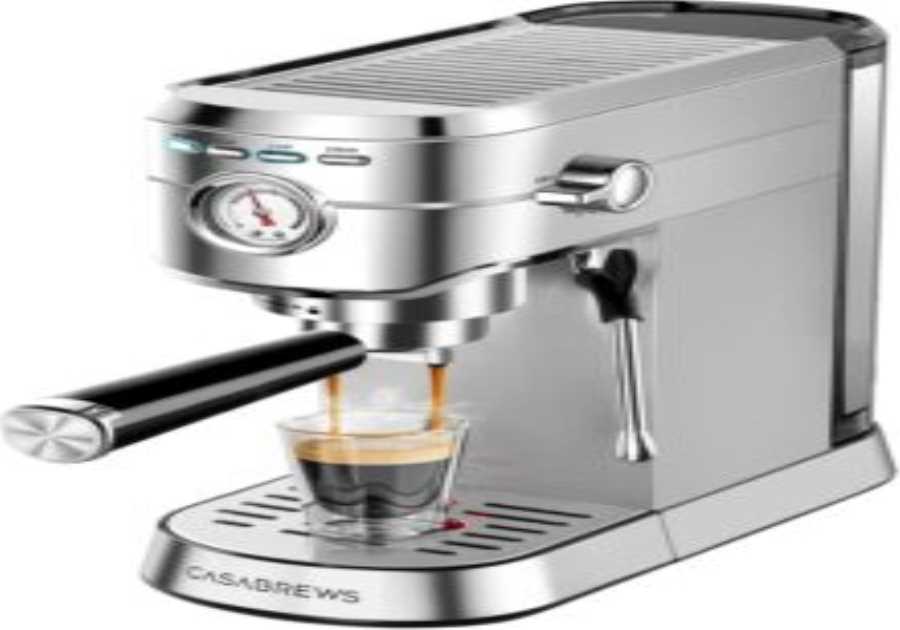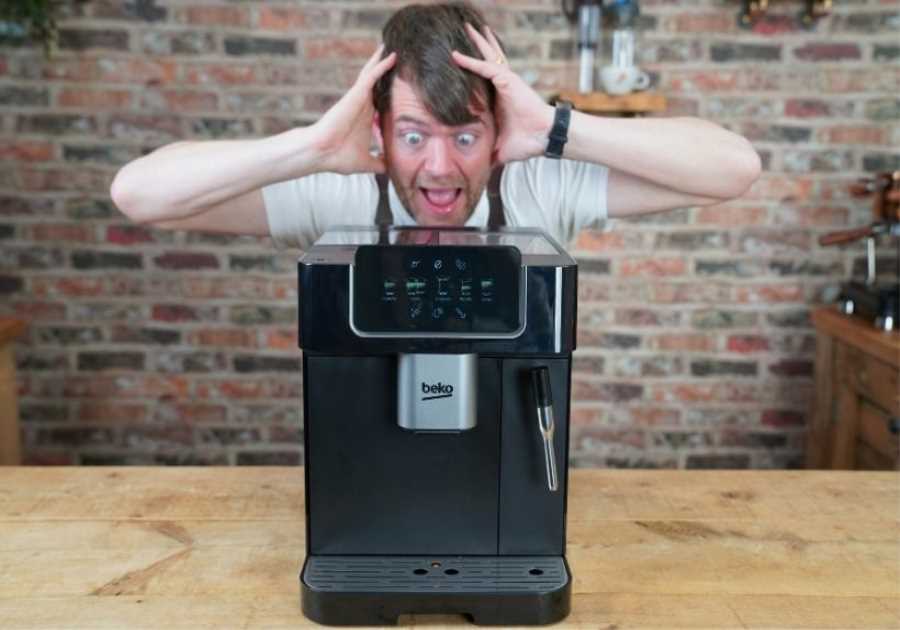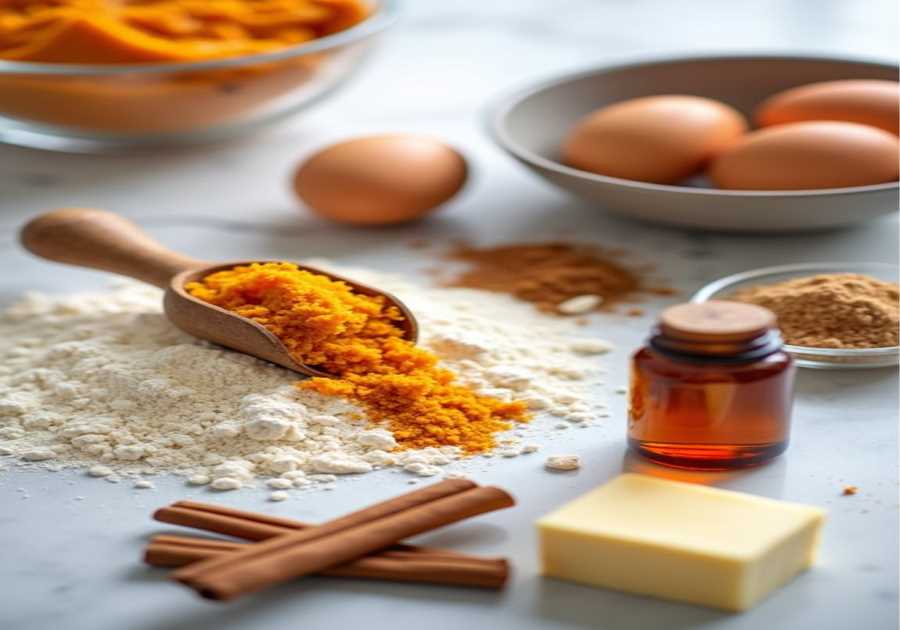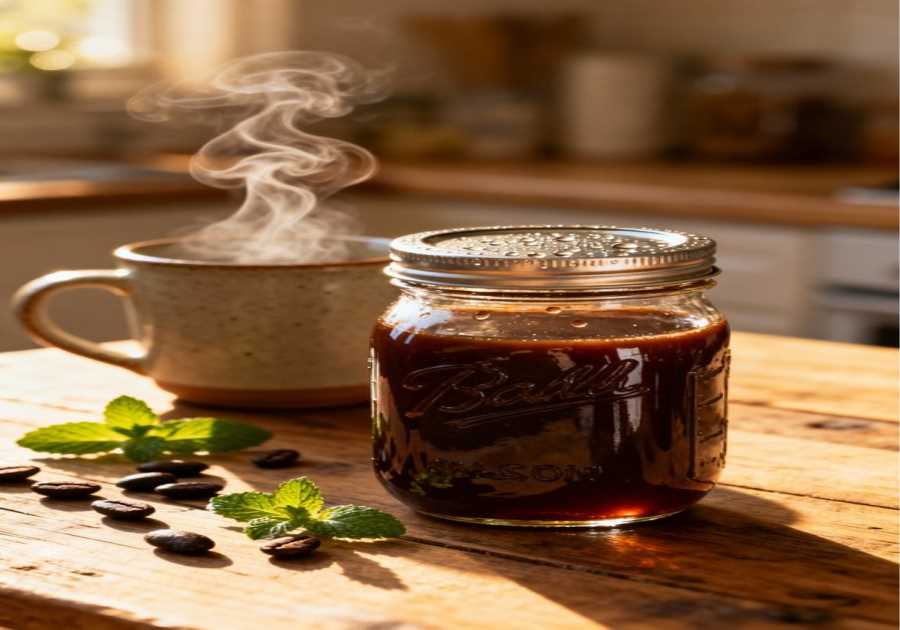If you're about to buy a bean to cup coffee machine, or you already have one, you're probably wondering which are the best coffee beans to use, and if not, what the chuff are you doing here, reading this!? ;-).
I can answer this question very quickly.
The best coffee beans for bean to cup coffee machines, are medium/dark roast espresso blends or single origin coffee beans.
There's a bit more to it than that though, as I'll explain.
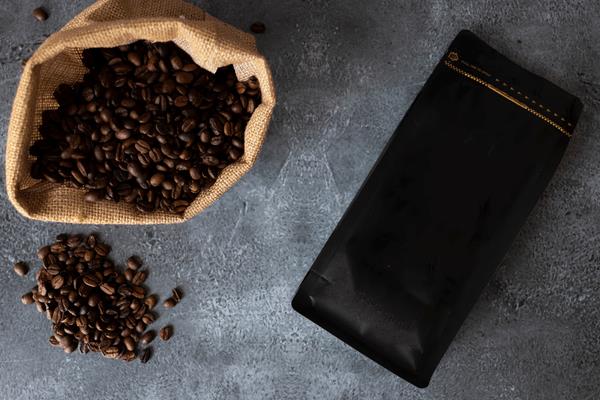
Why Medium Dark is Better For Bean to Cup
My default answer when it comes to the best coffee beans for bean to cup is medium dark, simply because “dark” roasted beans can cause issues for bean to cup machines in the long term, and medium roasts and under can be a bit on the hard side, and often don't produce the kind of flavour bean to cup coffee machine users are looking for in their coffee.
What this actually means, though, will depend on where you're buying your beans from, so let me describe what I actually mean by medium dark.
Dark brown & shiny: Dark roast
Dark brown & matt: Medium/Dark roast
If you buy what I refer to as “normal” or “main stream” coffee beans, commodity coffee, you'll often find that what is described as medium, is dark brown and shiny, and their dark roast is almost black and shiny.
It doesn't really matter what we call it, the point is that if the beans are shiny, they're oily – darker roasted beans, that have been taken beyond “second crack” in the roasting process, release their oils, which is why they have a shine to them.
So the reason darker coffee beans aren't great for bean to cup coffee machines, is that the oils tend to coat the burrs, and you can't usually remove the burrs on bean to cup coffee machines, to clean them. You also can't use grinder cleaning pellets or white rice, or you'll break the brewing unit. There is one way to clean the burrs on bean to cup coffee machines, though.
What, you want me to tell you? Nah, it's a secret :-). Hehe, just kidding. The way to clean the oils from the burrs in bean to cup coffee machines, is by switching to matt coloured, medium/dark coffee beans. If you've used dark, oily beans, and then you switch over to using a less developed roast, they'll work just like white rice or cleaning pellets, to strip the burrs off their oils.
What is Best For Bean to Cup, Espresso Blends or Single Origins?
You can use blends or single origins with bean to cup machines, and what may be best for you, comes down to your preferences, and the kind of coffee you want to make with your machine.
If you're wanting to make coffee shop favourites such as latte, cappuccino, flat white – then unless you have a bit of an unusual palate, you'll probably find espresso blends to be easier to get the kind of results you're looking for.
When I say “unusual palate”, what I mean by this is that most people are looking for bold espresso with notes of chocolate, nuts, caramel and similar kinds of crowd pleasing taste notes, to cut through the milk, for tasty flat whites, cappuccino etc. But some people have slightly more exotic tastes, and I would say “weird”, but that would be rude ;-).
If you're looking for more off the beaten track flavour notes, you'll usually find these among single origins, rather than blends, but if you are – really you're probably going to end up going down the medium roast or lighter road, and if this is the case you'd be better off going down the traditional, portafilter espresso machine route, rather than bean to cup.
If you want something a bit more unusual, just try lots of different coffees that have flavour notes that sound like they're down your street, and hopefully you'll find something that floats your boat. For more on the way bean to cup coffee tastes, see: is bean to cup coffee good?
Are Freshly Roasted Speciality Coffee Beans Better For Bean to Cup Coffee Machines?
You may expect me to say yes to this, but actually, the only reason that freshly roasted beans would be better for bean to cup machines, technically speaking, is that it's not as common to find “normal” supermarket beans (I'm talking about big brand or generic brand commodity coffee) that are not roasted to the point that oils are released.
In theory, if your beans are matt in colour, not shiny, they'll be fine to use either all the time, or to interchange with your favourite darker roast, to keep the burrs clean.
If we're talking about taste, then that's a very subjective thing, and the answer isn't necessarily always going to be yes here, either.
Freshly roasted coffee beans are more potent in flavour, because they're usually much fresher both in terms of how long ago they were roasted when you picked them up, and how long ago they were harvested when they were roasted.
While “normal” coffee beans tend to taste fairly similar, freshly roasted speciality coffee beans can taste wildly different, and as a result, you'll find there are some beans you really, really love – and some that you really, really don't. After a while, though, you'll learn which kind of beans (roast profile, origin, etc) you prefer, and you'll end up mainly drinking coffee you really, really love.
Also see: Are bean to cup coffee machines better than Nespresso?
The post What Are the Best Coffee Beans for Bean to Cup Coffee Machines? appeared first on Coffee Blog.
By: KevTitle: What Are the Best Coffee Beans for Bean to Cup Coffee Machines?
Sourced From: coffeeblog.co.uk/best-coffee-beans-bean-to-cup-coffee-machines/
Published Date: Mon, 16 Oct 2023 21:00:25 +0000
Always check our latest articles at...
https://coffeecutie.com/light-dark-roast

